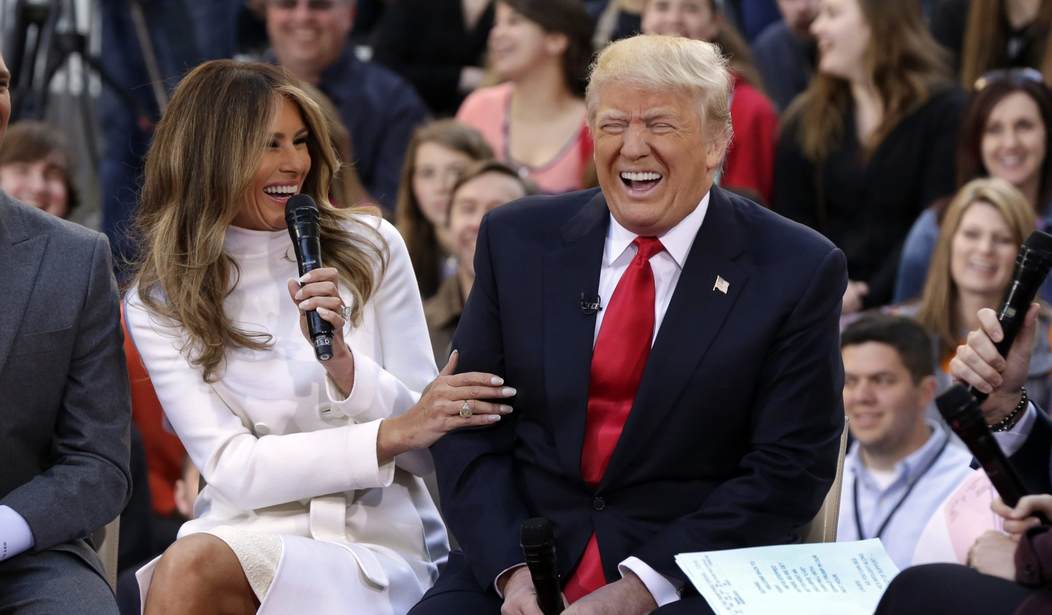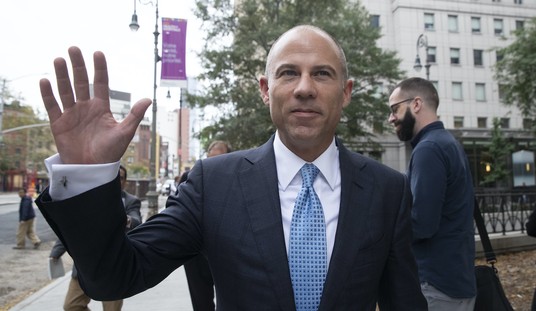Nate Silver, whose predictions for the 2012 presidential race turned out to be spot-on, has some bad news for the Trump-bashers:
Donald Trump has had a good run of numbers lately. While his victory in New York this week was expected, he got 60 percent of the vote, more than the roughly 55 percent projected by the polls. He appears headed for victories in Maryland and Pennsylvania, which vote on Tuesday. He’s gained ground in California and is narrowly ahead of Ted Cruz in the first public polls of Indiana. He’s added about 2 percentage points over the past two weeks in our national polling average.
You could push back against some of these details. Some of the California polls come from pollsters that have had a Trump-leaning house effect or that used an unorthodox methodology. The Indiana polls have Trump leading, but with only about 39 percent of the vote, which might not be enough if the rest of the vote consolidates behind Cruz. The national poll gains are small and may just be statistical noise.
But with Trump’s path to 1,237 delegates on such a knife’s edge, every percentage point matters. And it’s possible that Trump has moved a few voters into his column with a series of process arguments that he’s been pressing recently. The more restrained version, as you can see in a recent op-ed published under Trump’s name in The Wall Street Journal, is that the candidate who gets the most votes should be the Republican nominee — that delegates shouldn’t upend the people’s verdict. In public speeches, Trump has taken the argument a step further, describing the GOP’s nomination process as “rigged” and “crooked.”
Polling suggests that a majority of Republicans agree with at least the milder version of Trump’s argument…
It’s still surprising to me that the “movement conservative” Right — which seems largely to consist of folks who came to maturity during the glory days of the Reagan Revolution and thought they hit a triple — can neither fathom Trump’s appeal nor understand why their technical arguments bounce harmlessly off the rampaging monster from Queens.
It also helps that Trump’s system-is-rigged message is relatively simple and plays into the media’s master narrative of the Republican race as a conflict between the Republican base and the GOP “establishment.” The Republicans’ delegate selection rules, by contrast, require an attention to detail that narrative-driven stories about the Republican race can misconstrue…
It’s true that most delegates become free agents on the second ballot — and more still on the third and fourth ballots — and that Trump hasn’t done a good job in delegate-selection conventions held by state and local Republican parties.7 But that won’t matter if Trump has enough support on the first ballot, which he can still get if he finishes strongly in states such as California and Indiana. The process is still in Republican voters’ hands, and Trump may have found an argument that can get him over the finish line.
In a recent CNBC column, Larry Kudlow makes some similar points:








Join the conversation as a VIP Member